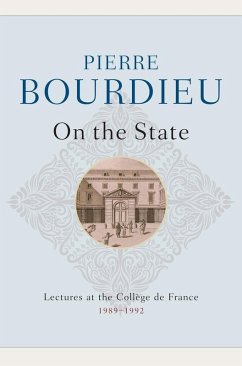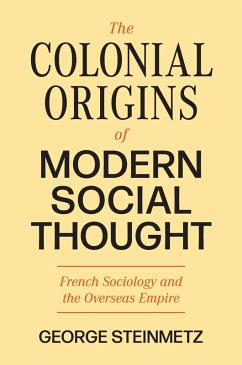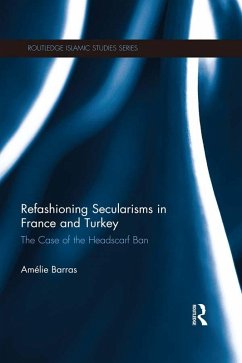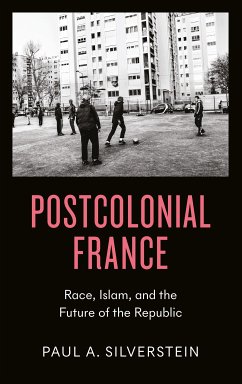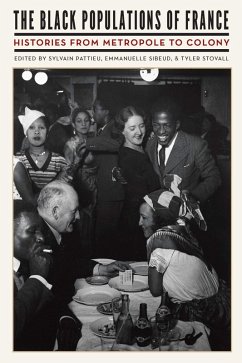
The Declaration of the Rights of Man and of Citizens (eBook, ePUB)

PAYBACK Punkte
0 °P sammeln!
Georg Jellinek's "The Declaration of the Rights of Man and of Citizens" examines the fundamental principles of civil liberties and democratic governance established during the late Enlightenment period. Jellinek employs a rigorous analytical style, blending legal philosophy with historical context to dissect the philosophical underpinnings and implications of the Declaration, which served as a foundation for modern human rights discourse. His meticulous exploration reveals how the ideals of liberty, equality, and fraternity emerged as a counterpoint to monarchical absolutism and paved the way ...
Georg Jellinek's "The Declaration of the Rights of Man and of Citizens" examines the fundamental principles of civil liberties and democratic governance established during the late Enlightenment period. Jellinek employs a rigorous analytical style, blending legal philosophy with historical context to dissect the philosophical underpinnings and implications of the Declaration, which served as a foundation for modern human rights discourse. His meticulous exploration reveals how the ideals of liberty, equality, and fraternity emerged as a counterpoint to monarchical absolutism and paved the way for contemporary democratic societies. Jellinek (1851-1911), a prominent German jurist and legal theorist, was deeply influenced by the socio-political transformations occurring in Europe at the turn of the 20th century. His academic background in law and philosophy allowed him to bridge the gap between abstract principles and their practical applications in governance. His work is a testament to the urgent call for legal reform and the recognition of individual rights that characterized his era, drawing upon Enlightenment thinkers and the revolutionary fervor of the time. This book is an essential read for scholars, legal practitioners, and students of political thought. Jellinek's insights not only illuminate the historical significance of the Declaration but also underscore its enduring relevance in contemporary debates surrounding human rights and social justice. For anyone seeking to understand the evolution of civil rights in a global context, it stands as an indispensable scholarly resource.
Dieser Download kann aus rechtlichen Gründen nur mit Rechnungsadresse in A, B, BG, CY, CZ, D, DK, EW, FIN, F, GR, H, IRL, I, LT, L, LR, M, NL, PL, P, R, S, SLO, SK ausgeliefert werden.






